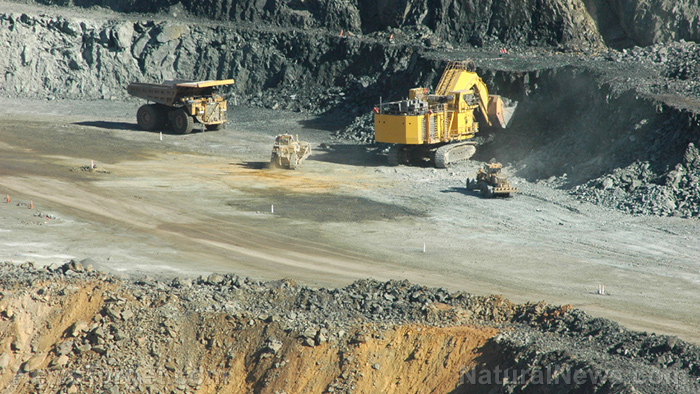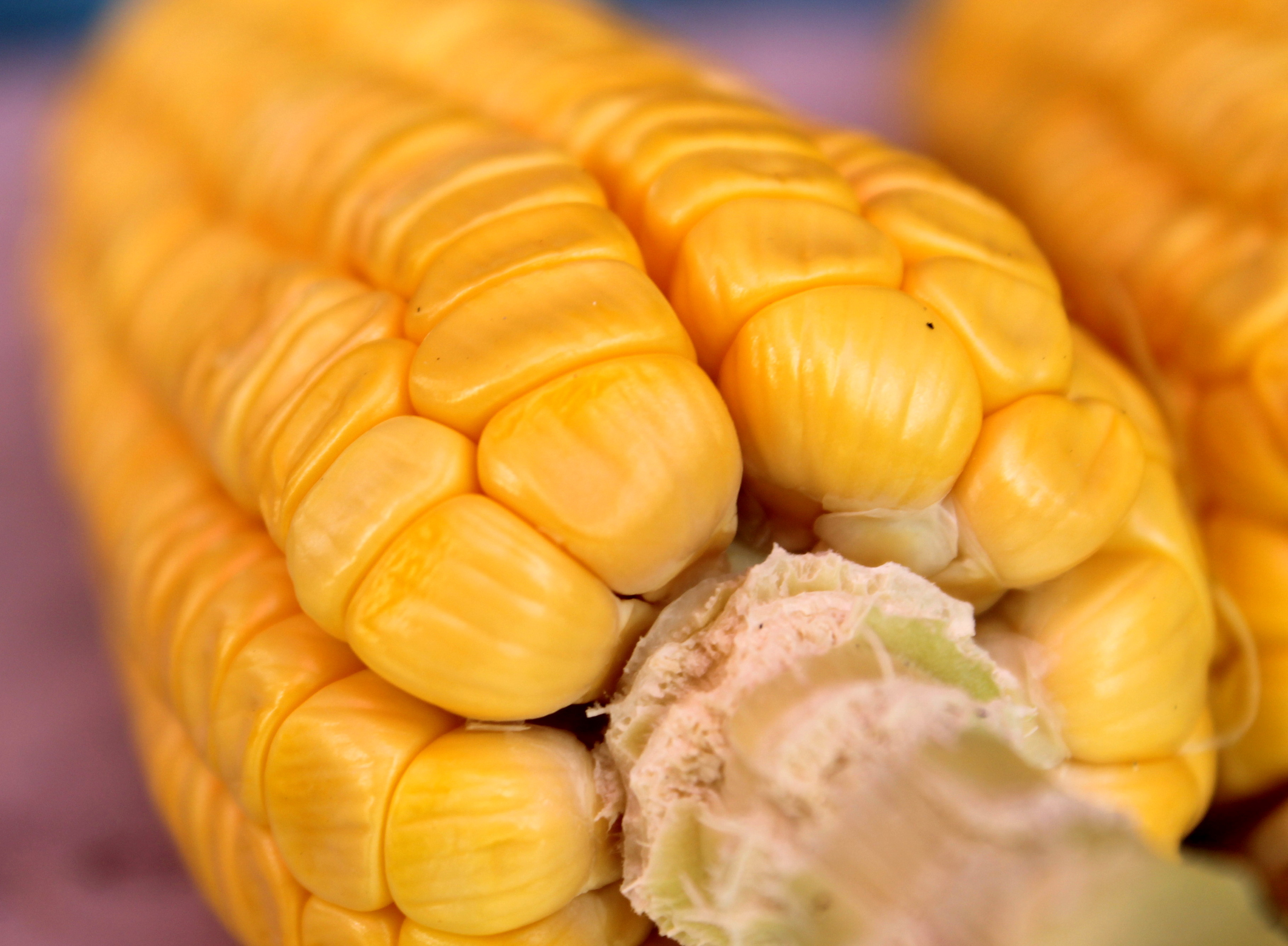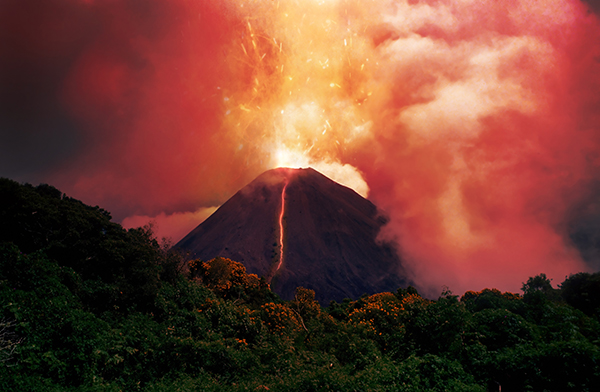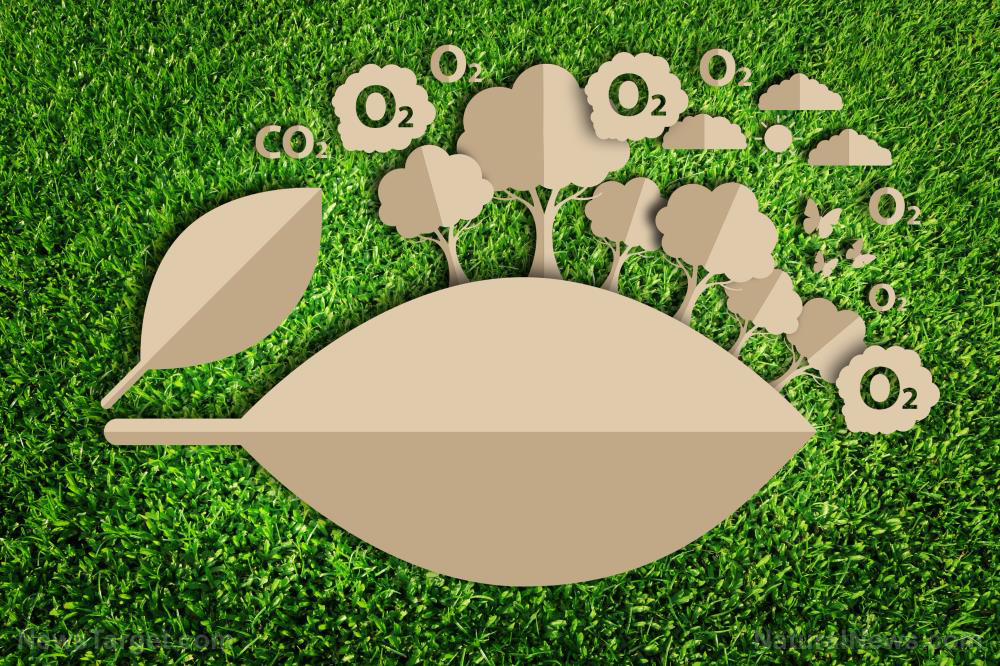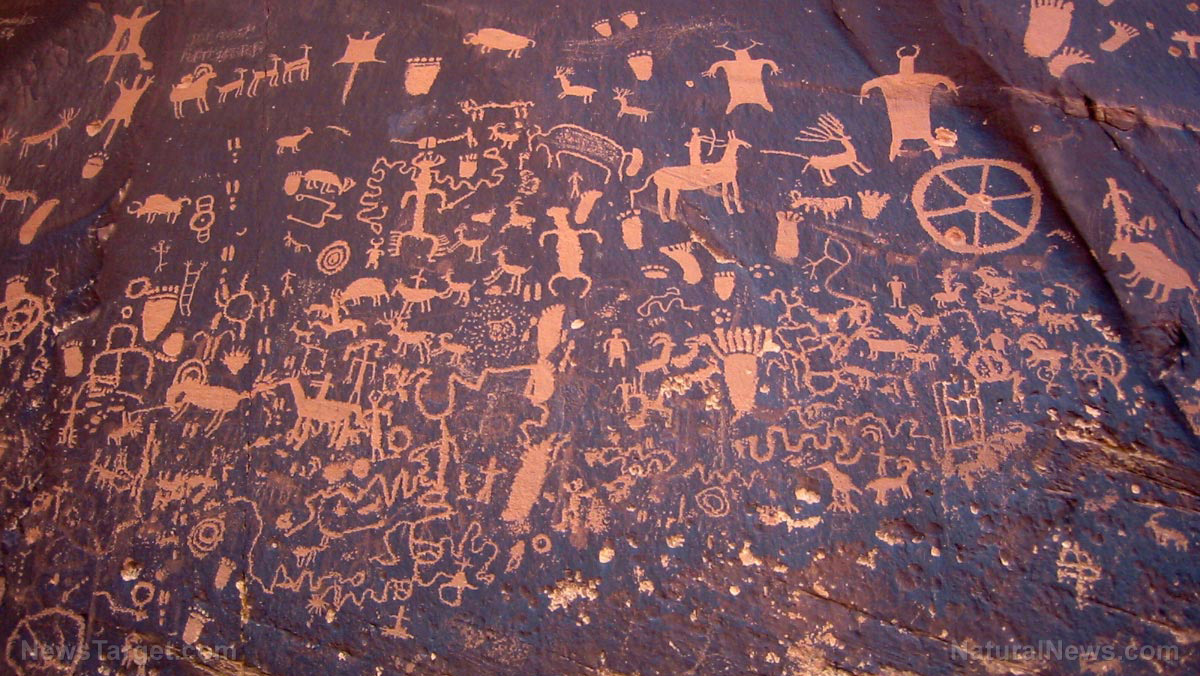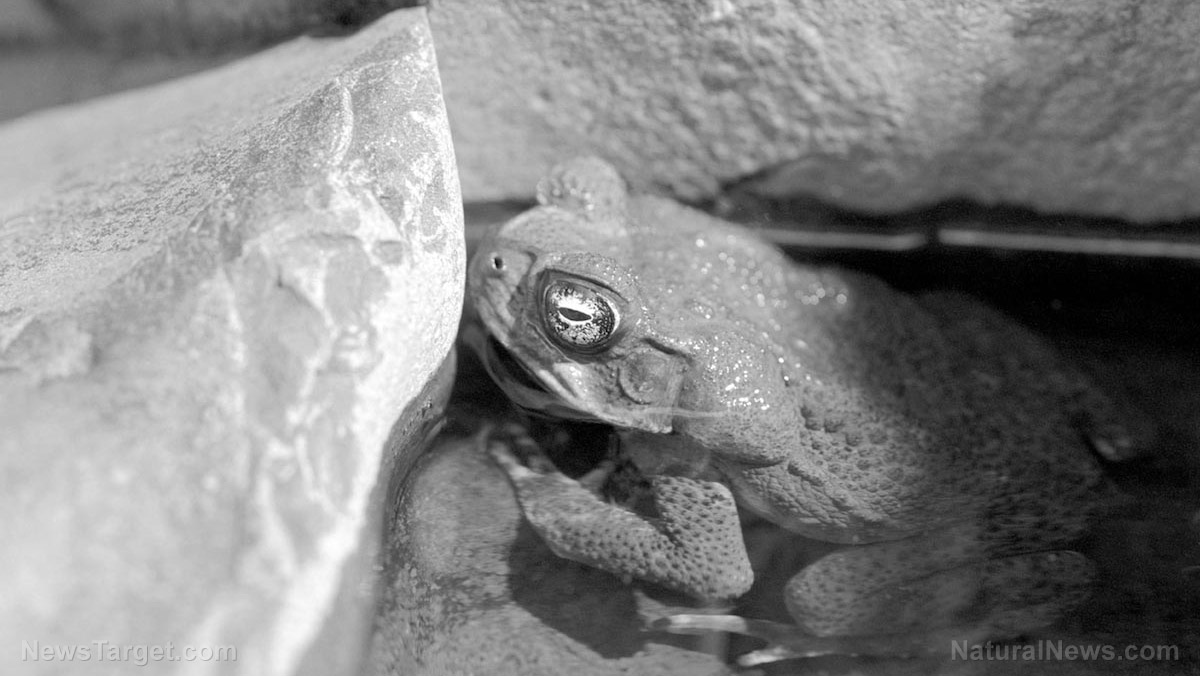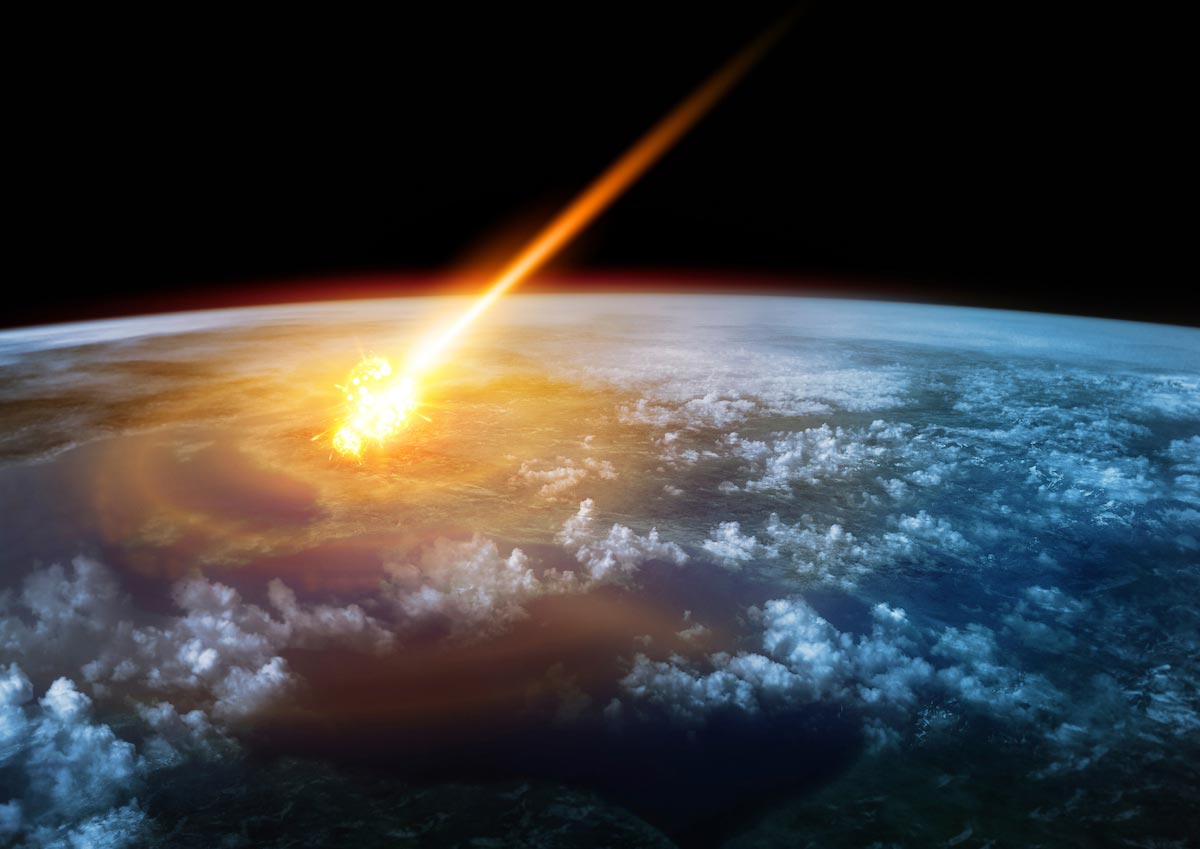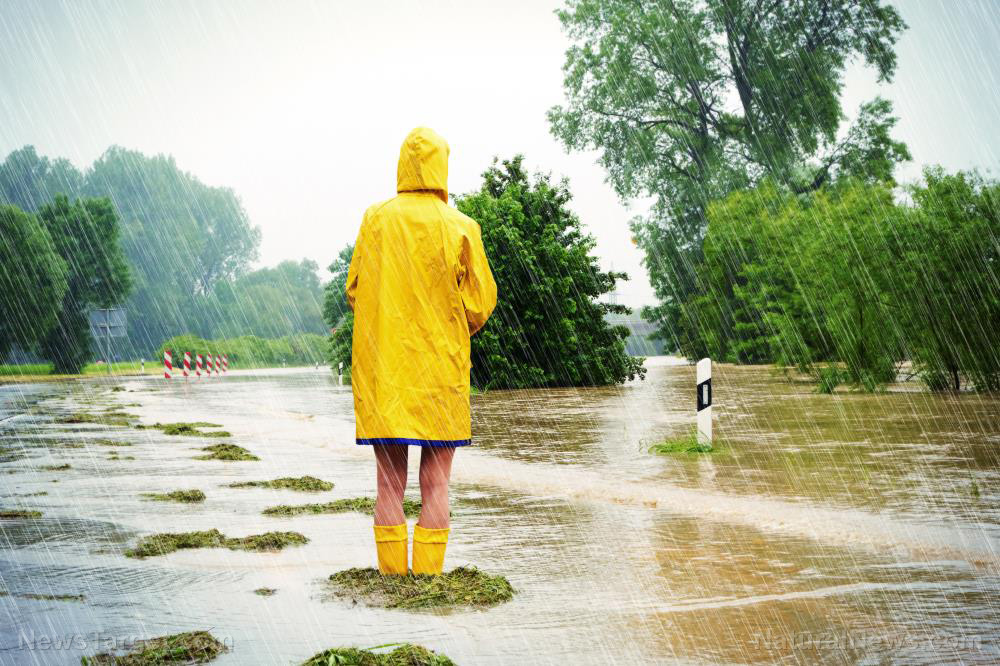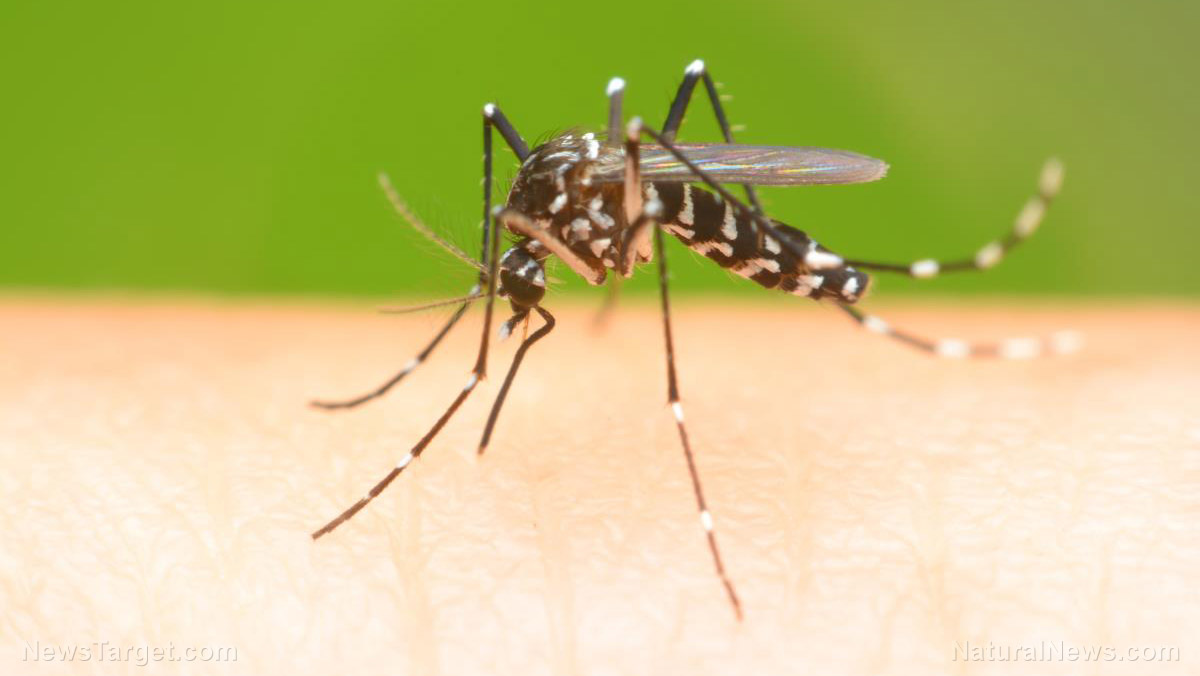Arctic blast “Elliot” threatens to destroy U.S. winter wheat crops while plunging Midwest, South into below-zero deep freeze
12/22/2022 / By Ethan Huff
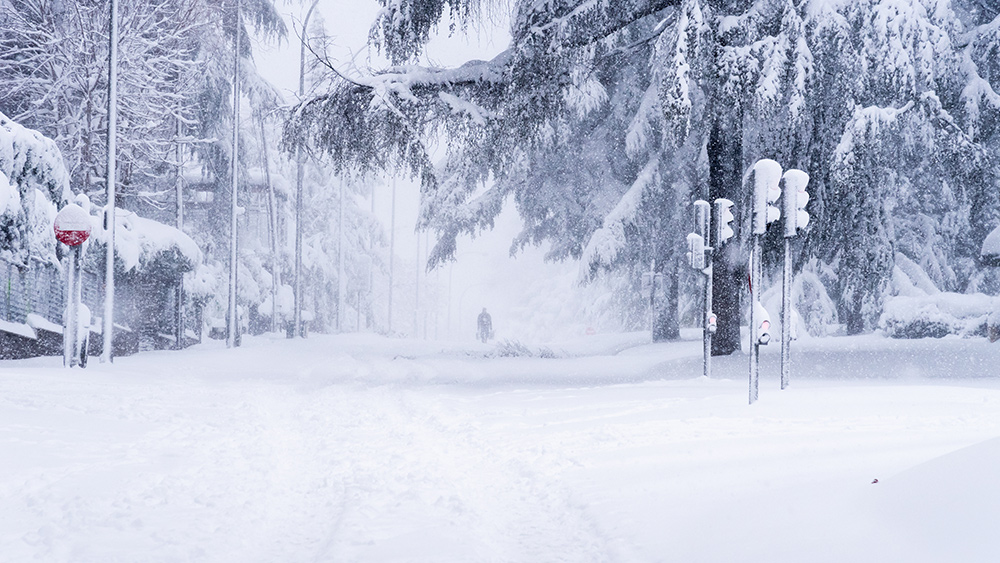
Just in time for Christmas, a massive winter storm from the Arctic called Elliot will blast through the Midwest and South, bringing with it heavy winds, subzero temperatures, and widespread crop destruction.
According to reports, Elliot’s immense power and severity threatens winter wheat crops in states like Kansas where there is currently very little snow on the ground to protect them. Major devastation is expected, according to meteorologists.
“Wheat will be at risk of winter kill in areas lacking adequate snow cover – most notably in eastern Colorado and western Kansas,” reported Bloomberg, citing an agriculture report from forecaster Maxar.
Northwest Texas and Oklahoma are also on that list because, like Kansas and Colorado, there is no snow on the ground, leaving winter wheat crops fully exposed to whatever annihilation comes their way. (Related: Back in April, the USDA reported that 69 percent of total U.S. winter wheat production was located in areas experiencing severe drought.)
“Many areas will see a white Christmas, although it will be a cold one,” explained Arlan Suderman, chief commodities economist at StoneX, in a note he wrote to clients at the start of the week.
The market responded to this with an increase in futures price for hard red winter wheat of more than one percent, bringing the crop to $8.525 a bushel, as of this writing.
Up to 30 percent of national winter wheat acreage could be destroyed by Elliot, experts warn
All across social media, experts are warning that the outcome of Elliot could be worse than many people realize, especially at a time when agriculture in the United States is already suffering due to drought and other factors.
“Be safe!” tweeted Allen Motew, director of Chicago-based QT Weather. “It gets treacherous out there soon.”
“Note Chicago area of nearly 2 feet in the afternoon forecast. Stay tuned! Kansas wheat in N and E gets some cover but W and S virtually none. Winter-kill likely.”
Suderman, in another tweet, cited the Commodity Weather Group in warning that upwards of 20 percent of all national winter wheat acreage “will be susceptible to winter kill this week, including 45% of the hard red winter wheat crop, but that could rise to 30% of national crop in a worst-case scenario if snowfall fails further east.”
Some farmers in the Midwest are tweeting that winter kill is already happening – and Elliot has not yet even arrived.
“Looks worse in my picture than it actually is,” tweeted someone named James Strand, along with the following picture:
Looks worse in my picture than it actually is pic.twitter.com/TZM48hNDDf
— James Strand (@Jamesstrand22) December 19, 2022
In the comments, someone wrote a reminder that, according to Ezekiel 14, God “takes away a wicked nation’s bread.”
“We can’t say we weren’t warned,” this person wrote, to which another responded with Ezekiel 14:13.
“Son of man, when a land sins against Me by persistent unfaithfulness, I will stretch out My hand against it; I will cut off its supply of bread, send famine on it, and cut off man and beast from it.”
Another referenced Ezekiel 5 as well, noting that despite all of society’s technological advancements and delusions of self-sufficiency, “all God has to do is stop sending rain and the entire world empire crumbles – reduced to nothing.”
“Beasts trying to survive,” this person added. “It happened before to Israel, and it will happen again if we don’t repent and get back to Jesus Christ urgently.”
Another wrote that in addition to food shortages, we also face an impending stock market crash; potential nuclear war; the global warming scam and all the tyranny that comes with it; as well as the “clot shots,” aka covid “vaccines.”
America’s days are clearly numbered. To keep up with the latest, visit Collapse.news.
Sources for this article include:
Submit a correction >>
Tagged Under:
agriculture, chaos, Climate, cold, crop collapse, disaster, Elliot, environment, famine, food collapse, food scarcity, food supply, freeze, hunger, panic, red winter wheat, snow, starvation, weather terrorism, wheat harvest, winter wheat, world agriculture
This article may contain statements that reflect the opinion of the author
RECENT NEWS & ARTICLES
COPYRIGHT © 2017 ENVIRON NEWS








